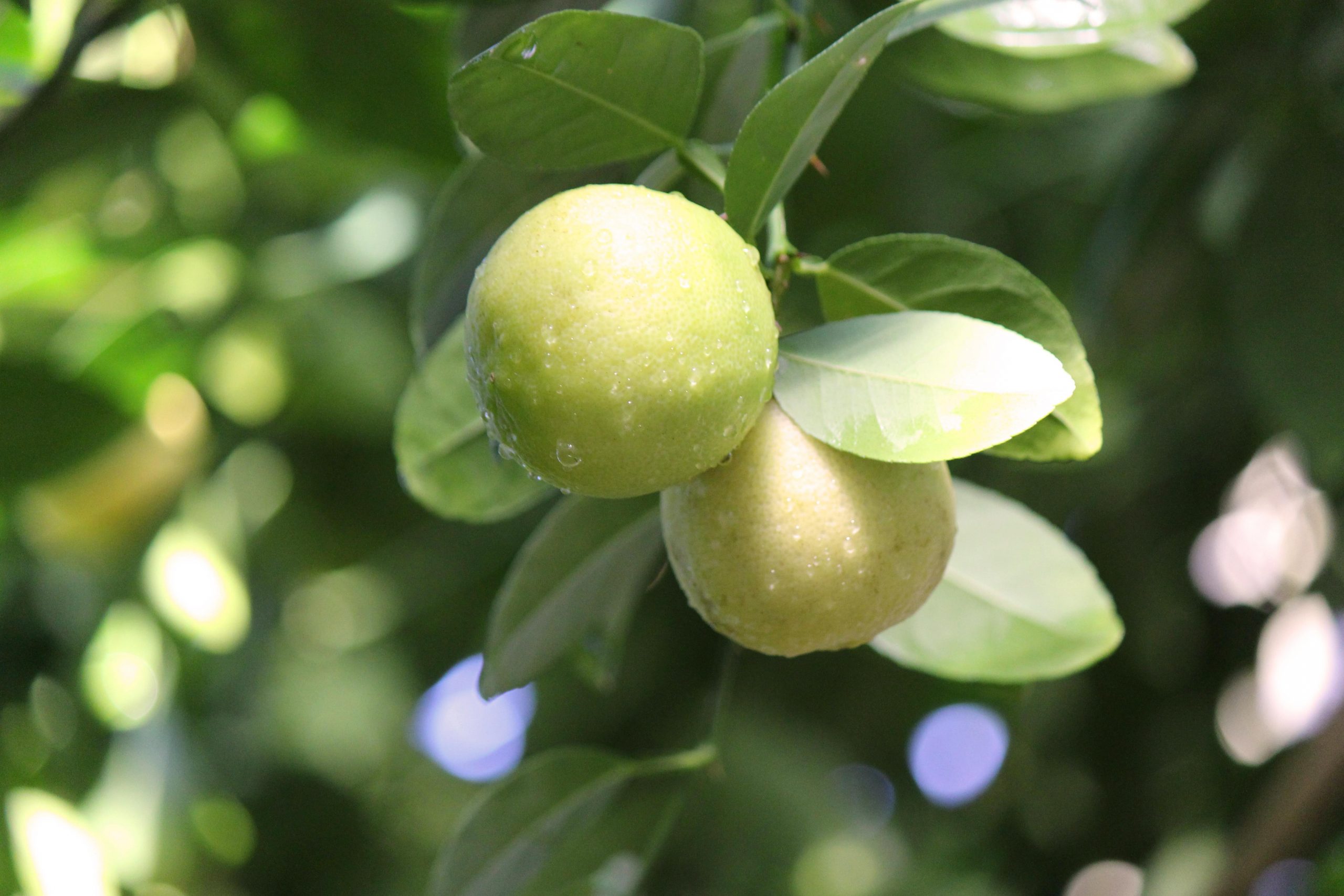Dear LCMS, Our Works are Fruit – not Exhaust
Dear Lutheran Church – Missouri Synod,
Recently, you published and promoted a blog post which sought to clarify the doctrine of faith alone in relationship to our works. I absolutely agree that we don’t want anyone to think that our good works merit salvation and I am glad the author tackled the subject. I do not doubt the author’s integrity or intentions. I know analogies can be tricky. Unfortunately, the analogy that was used in the article has left me deeply unsettled. Here is an excerpt from the post.
A critic of our teaching that we are saved by faith alone might claim that because saving faith always produces good works, there is no such thing as a saving faith that is alone, and the works that faith produces have a part in our salvation. That’s like saying that because your car always produces exhaust, the exhaust that pours out of your tailpipe is part of what gets you from one place to another. In fact, your car is never without the exhaust, but it is only insofar as your car propels itself that it succeeds in transporting you. The exhaust is only the result of the car’s motion, much as good works are only the result of faith saving us.
I want to be fair to the author’s intentions, so please also read the context for the excerpt here.
I guess I really struggle with the idea that the good works that follow faith are analogous to the waste product of a car. When I read what Jesus teaches and what Paul encouraged the churches to believe, I get the impression that God created us from the very beginning to do good works. Before sin came into the picture, we walked with God and good works were all we had! Sin came into the picture and it is only by the grace of God alone that we are forgiven through Jesus’ death and resurrection. It is through the faith given to us by the Holy Spirit that we can then believe and follow Jesus, doing good works as a testament to the creator God who has saved us. Paul says it better than I do:
Ephesians 2:8-10 (ESV)
For by grace you have been saved through faith. And this is not your own doing; it is the gift of God, not a result of works, so that no one may boast. For we are his workmanship, created in Christ Jesus for good works, which God prepared beforehand, that we should walk in them.
According to Paul, God created us for good works and saves us so that we might walk in those good works. Paul was able to encourage the church to live out the good works that God created us to do, while never implying that our good works save us.
While good works do flow from faith, they aren’t coming out the back end.
Here’s an analogy from Jesus about faith and good works.
Matthew 7:15-20 (ESV)
“Beware of false prophets, who come to you in sheep’s clothing but inwardly are ravenous wolves. You will recognize them by their fruits. Are grapes gathered from thornbushes, or figs from thistles? So, every healthy tree bears good fruit, but the diseased tree bears bad fruit. A healthy tree cannot bear bad fruit, nor can a diseased tree bear good fruit. Every tree that does not bear good fruit is cut down and thrown into the fire. Thus you will recognize them by their fruits.
 What is the purpose of a tree? Jesus identifies the purpose of the tree as bearing fruit. The fruit contains the seed that can then multiply the tree into other trees. God also provided fruit as a source of food for so much of God’s creation. Nobody would say that the fruit on a tree is a waste product, especially when it’s good fruit! Just like the tree was made for fruit, we were made for good works. Jesus came to redeem us from our sins because without him we are diseased trees. By grace alone we are forgiven and given faith so that we can live humble and repentant lives as good trees, bearing good fruit in our vocations so that others can see Jesus through the way we live our lives.
What is the purpose of a tree? Jesus identifies the purpose of the tree as bearing fruit. The fruit contains the seed that can then multiply the tree into other trees. God also provided fruit as a source of food for so much of God’s creation. Nobody would say that the fruit on a tree is a waste product, especially when it’s good fruit! Just like the tree was made for fruit, we were made for good works. Jesus came to redeem us from our sins because without him we are diseased trees. By grace alone we are forgiven and given faith so that we can live humble and repentant lives as good trees, bearing good fruit in our vocations so that others can see Jesus through the way we live our lives.
Cars were not made to produce waste. Cars were made to move us from one place to another. Let me humbly suggest an adjustment to the analogy. Just like we can’t do good works on our own, cars can’t move on their own. They need someone from outside to put the gas in the tank. Given the purpose of the analogy, you could say that’s God giving us faith. The gas then enables the car to go forward, fulfilling it’s original purpose. The car moves by “gas alone.” We do good works by “faith alone.” Perhaps the exhaust could even represent all the things we turn away from in order to follow Jesus. (See Philippians 3:4-11)
I hesitate to add this, but I feel I must. Another reason why I reacted so strongly to this analogy was an experience I and my congregation endured together. A few years ago we had a good friend and brother in Christ who died from inhaling the fumes of an engine in a closed garage. It was tragic and it hurts me think of it to this day. I just can’t bear to think that the fumes that killed my friend is our LCMS sanctioned analogy for the good works that follow faith.
Thanks for reading.
Blessings in Christ,
David Seabaugh













David,
Well said. Good piece!
+Nathan
I like what you have written. I try to explain to people that God has two plans: a plan of creation and a plan of salvation. The plan of creation tells us why we were made, and that’s all about good works. The plan of salvation tells us how to be rescued because we have failed to accomplish those good works. That plan is all about what Jesus has done, is doing, and will do. The plan of salvation makes us able to do what we failed to do before–the good works. So I agree, they are fruit and not exhaust. But the Witness writer was being careful to avoid the mistake that God saved us so we would do good works. He saved us because he loves us; our goodness has nothing to do with the plan of salvation. J.
Well said, Dave. The original analogy portrays good works as waste and/or poison. Sanctification is not an after thought; it is God’s desire for all of us to enjoy. You portray this well in the Agape Sticks also.